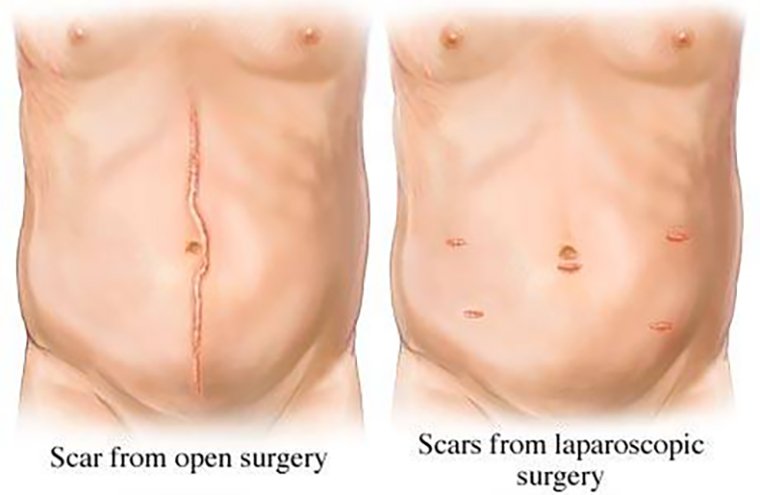Procedures
Committed to Compassionate Care
Reclaim Your Health and Well-being with Innovative Surgical Advancements.
Procedures
Committed to Compassionate Care
Committed to Compassionate Care
Reclaim Your Health and Well-being with Innovative Surgical Advancements.
TOP SURGICAL PROCEDURES
Dr. S. Sameer Mohiuddin, D.O., F.A.C.O.S., is a certified general surgeon specializing in advanced laparoscopic robotic and minimally invasive procedures. Committed to delivering compassionate and individualized care, Dr. Mohiuddin prioritizes the well-being of his patients throughout their surgical experience.
With extensive expertise, Dr. Mohiuddin excels in a range of surgical interventions. His proficiency extends to weight loss surgery, hernia surgery, gallbladder surgery, colon cancer surgery, breast cancer surgery, appendectomy, intestinal surgery, hemorrhoid surgery, and diverticulitis surgery.
Top 3 Things that Make Us Different
Dr. Mohiuddin’s practice stands out for its commitment to patient-centered care and minimally invasive techniques:
LAPAROSCOPIC AND ROBOTIC SURGERY
Laparoscopic robotic surgery, a cutting-edge surgical technique, has revolutionized the way surgeons perform a wide range of procedures. This minimally invasive approach offers significant advantages over traditional open surgery, resulting in smaller incisions, faster recovery times, and reduced pain.
What is Laparoscopic and Robotic Surgery?
Laparoscopic and robotic surgery is an advanced surgical approach that utilizes specialized instruments and robotic arms inserted through small incisions, typically less than a centimeter in size. These instruments, including a laparoscope (a thin, tube-like camera) and various surgical tools, allow surgeons to visualize and operate within the abdominal or pelvic cavity with unparalleled precision.
Benefits of Laparoscopic/Robotic Surgery

Frequently Asked Questions
Laparoscopic surgery is a safe and effective procedure with numerous benefits over traditional open surgery. If you are considering laparoscopic surgery, please contact Dr. Mohiuddin’s office for a consultation. He will be happy to discuss your individual needs and answer any questions you may have.
Take the First Step in Returning to Wellness
Take the First Step in Returning to Wellness
Dr. Mohiuddin is an accomplished board-certified surgeon at Capital Surgeons Group and works at the following locations.


